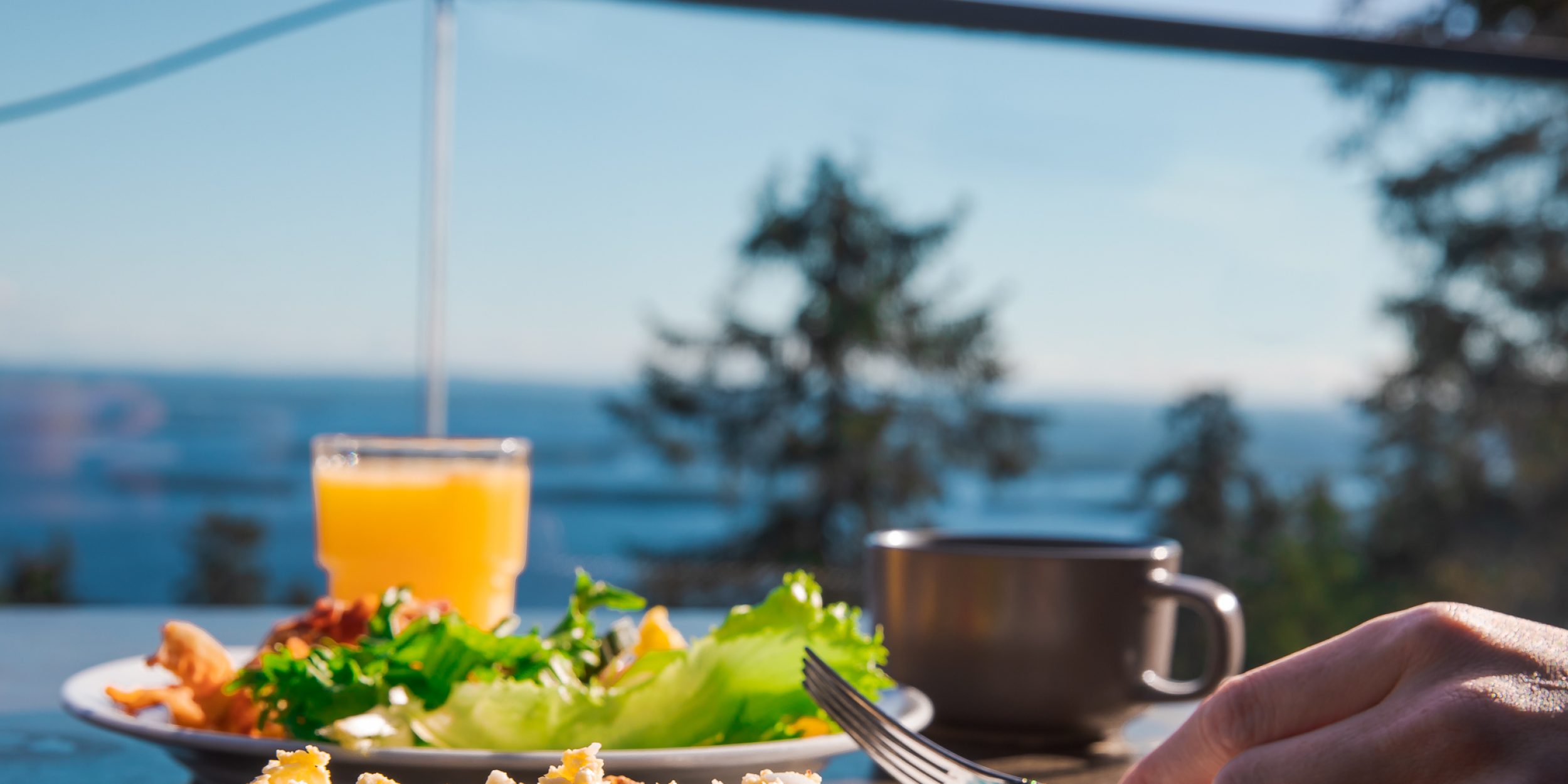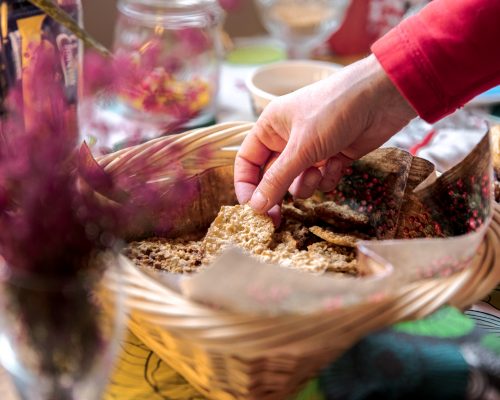“In Koli, environmental responsibility is integral to everyday practices and decision making for several reasons.”
– We operate in a national park and that alone creates many different requirements. There’s also something here that I call the spirit of Koli. When you’re surrounded by the national landscape it comes naturally to act in a responsible way. And judging by the messages I receive, people all over Finland want things done as responsibly as possible in Koli, laughs the Hotel Koli Manager Pasi Ripatti.
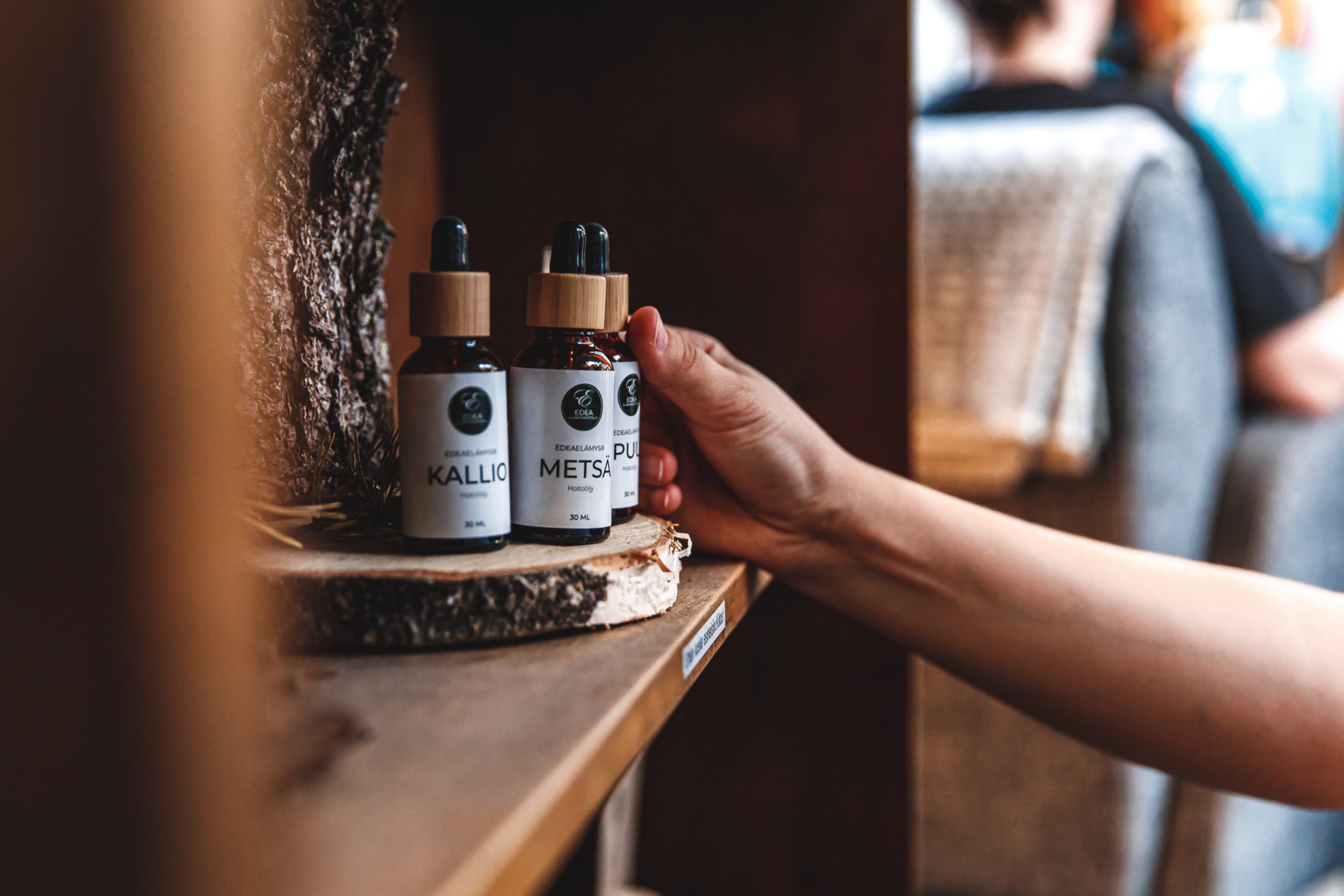
Responsibility is demanded
Break Sokos Hotel Koli is located within the national park and continues the long history of travel and tourism in the area, dating back to the late 1800s. The hotel, which is run by the North Karelian cooperative PKO, is currently expanding from its original site in Ylä-Koli (upper Koli) to a new location a few kilometres away in Koli village. The village site will have 130 rooms and will double the total number of staff to over a hundred people.
– Both the Ylä-Koli and Koli village sites are part of Break Sokos Hotel Koli. The new hotel is being built outside the national park area to preserve the protected natural environment. We aim to develop public transport between the village and Ylä-Koli and reduce the number of private cars driving up the hill. All in all, we support and organise public transport to the best of our abilities, Ripatti states.
– People these days are very smart. They have learned to demand, and they want environmentally responsible action and decisions. I’ve also grown to take certain issues for granted. For example, if recycling has been badly organised somewhere, it sticks out to me straight away. In general, people nowadays are very environmentally aware, and there is probably greater emphasis on this here in Koli, in the middle of such remarkable nature, explains Ripatti, describing how the essence of Koli is reflected in people’s expectations regarding responsibility.
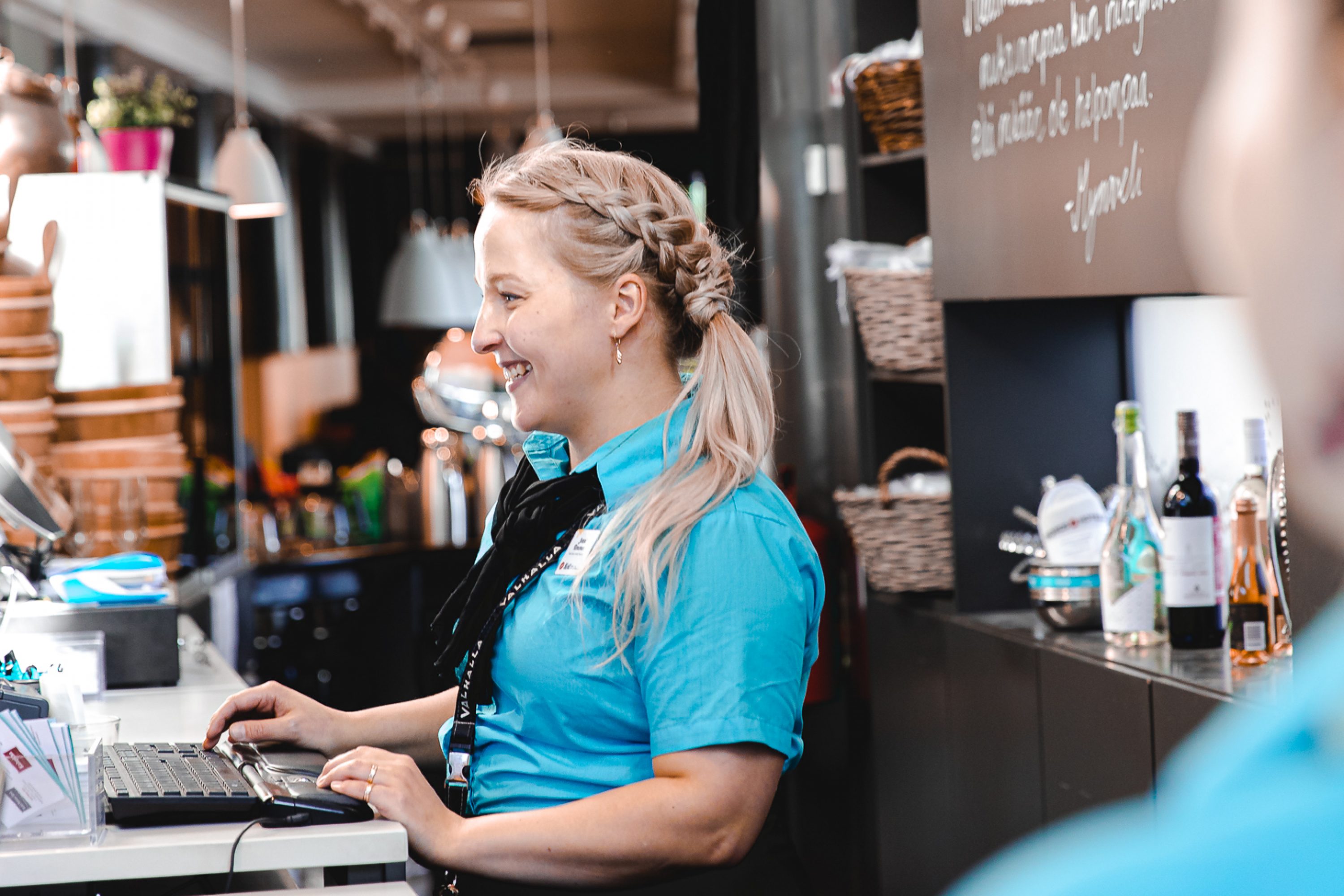
Big and small decisions
The demand for responsible action is now also coming from the staff.
– Our personnel totally expect that things are done in an environmentally responsible way. There’s no need to persuade them. It’s enough to give them opportunities to act responsibly, Ripatti describes.
Different certificates are often indicators of environmental responsibility. In the Sustainable Travel Finland (STF) programme, embracing sustainable measures and choices as part of everyday activities becomes easy. The Green Key certificate shows that the establishment is a forerunner in environmental sustainability, as the certificate exceeds the basic level required by law and legislation. A Green Key establishment is committed year on year to improving its operations from an environmental point of view.
The time that environmental responsibility becomes the most real, according to Ripatti, is when making decisions of different sizes:
– You think about using paper or washable cups. Some decisions are a whole lot bigger. We recently acquired two new snow cats for maintaining the ski slopes. The emissions from them are only one tenth of the emissions from the previous equipment.
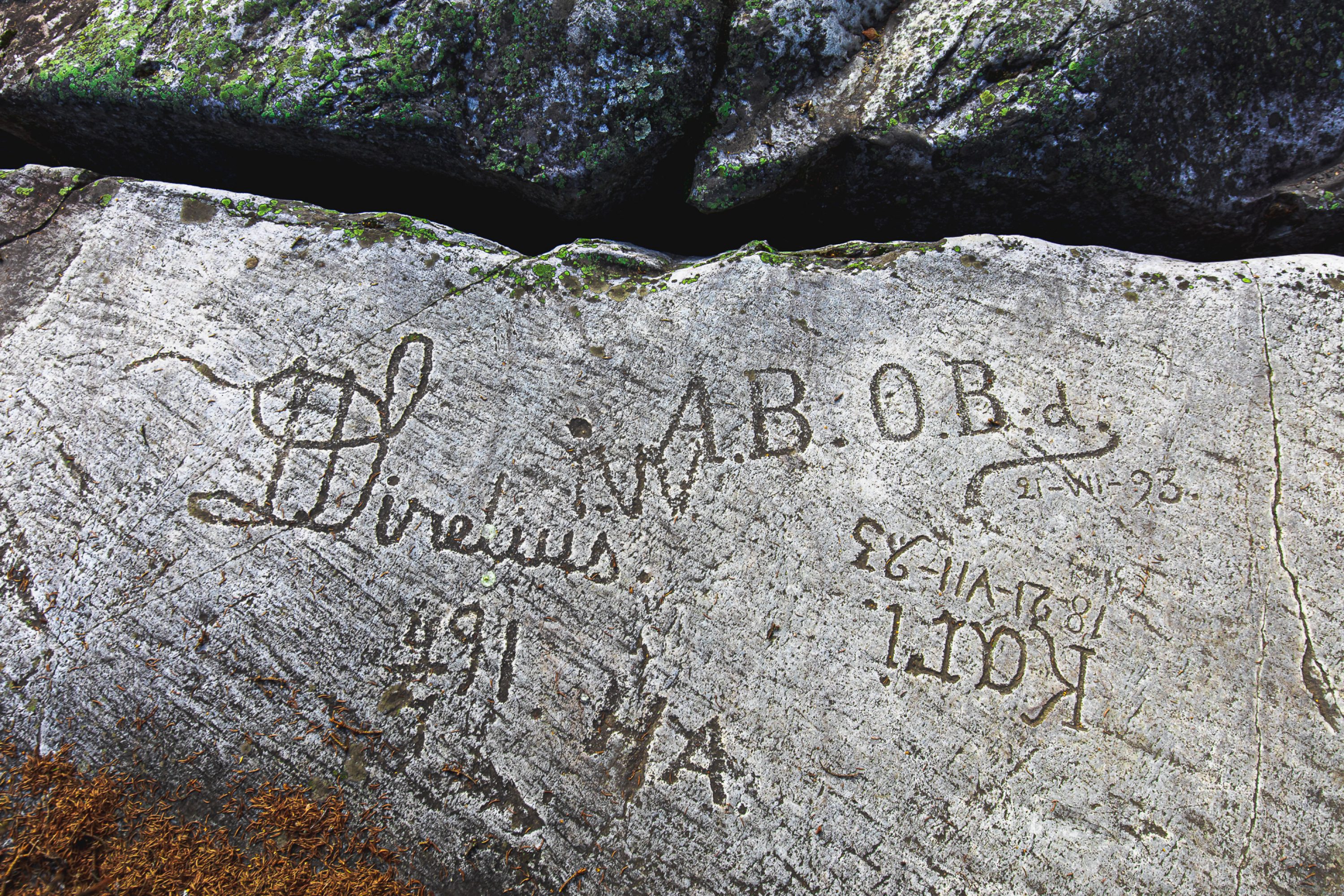
Everyone needs to do their share
Energy usage forms a considerable part of a large building’s environmental impact:
– At the Ylä-Koli hotel we switched from oil heating to geothermal heat a few years ago. In practice this means a reduction of about 200 000 litres of heating oil per year. The village hotel we’re currently building will be fitted with numerous solar panels. Heating for the new hotel will come from a district heating system, produced with the help of renewable energy sources. It’s also possible for customers to buy compensation for carbon emissions during a hotel night, as an additional service at the time of booking. The compensation, priced at 47 cents per night, has been very popular, Ripatti says happily.
The solar panels at the new hotel are expected to generate about 200 000 kWh of electricity per year. In terms of detached family houses, this production would cover the annual electricity usage of about 20 homes.
– Saving the world is not a responsibility of any one person, but we are going in the right direction when as many people as possible aim to act responsibly in their own affairs. One of our tasks is to protect Koli in a way that the future generations also will have an opportunity to be impressed by it, describes the hotel manager Pasi Ripatti, regarding the essence of responsibility at Hotel Koli.
– In the 1980s it was feared that tourism, which had been growing steadily since the 1930s, was putting too much strain on the natural environment around Koli. As a response to this concern, Koli National Park was founded in 1991. This created a solid foundation through legislation for developing responsible tourism in the area.
–Break Sokos Hotel Koli, in common with all other Sokos hotels, holds a Green Key certificate. It is also bound by the S-group’s common energy saving targets and renewable energy production is heavily invested in.
– The hotels follow the S-group’s common principals and guidelines of responsibility for all procurement.
– The rent that PKO pays for the hotel and ski slopes to Metsähallitus (a state-owned forestry enterprise) is used for repairing and improving the services in the national park.
Read more about Koli’s services and actions for sustainability

